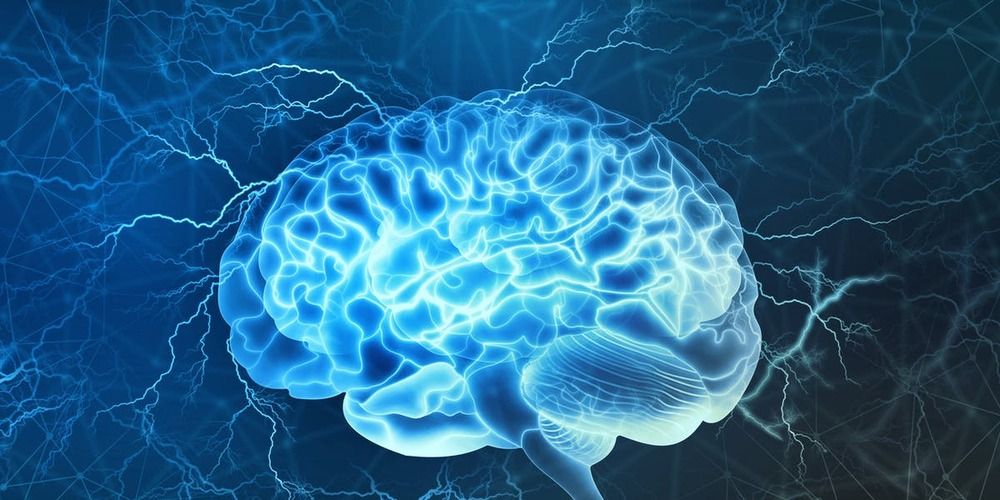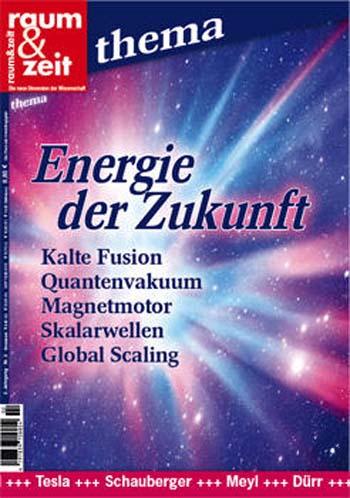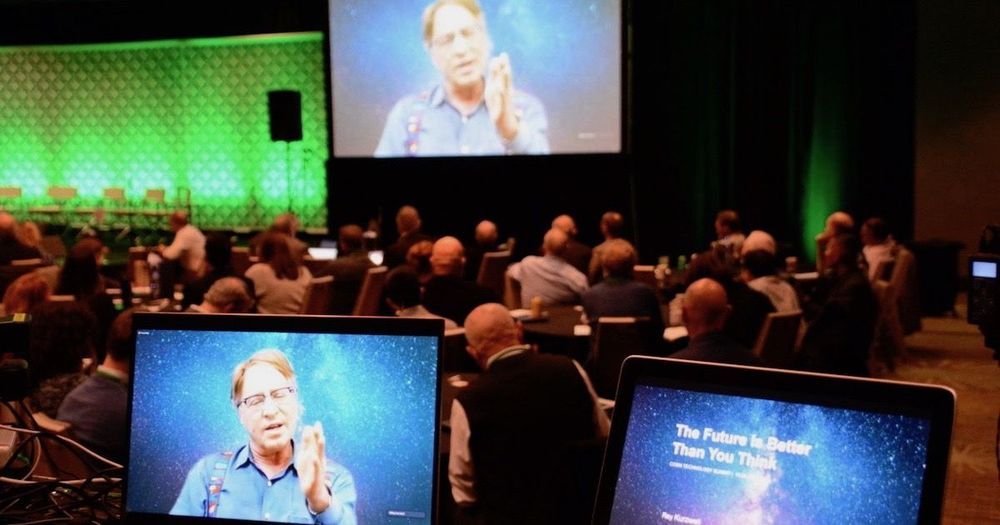Beyond cortical and limbic systems, the company Neuralink could add a third layer of digital superintelligence to humans and avoid artificial intelligence enslavement, its founder Elon Musk claimed Tuesday. The brain-computer linkup firm is working to treat medical conditions using its implanted chip as early as next year, but during a podcast appearance, Musk reiterated his belief that the technology could avoid some of the worst consequences of advanced machines.
“It’s important that Neuralink solves this problem sooner rather than later, because the point at which we have digital superintelligence, that’s when we pass the singularity and things become just very uncertain,” Musk said during an interview with MIT professor Lex Fridman.
Musk was keen to note that the singularity, a hypothesized point where machines grow so advanced that humanity slips into an irreversible change, may not necessarily be good or bad. He did state, however, that “things become extremely unstable” after that point, which means Neuralink would need to achieve its human-brain linkup either before or not long after “to minimize the existential risk for humanity and consciousness as we know it.”






